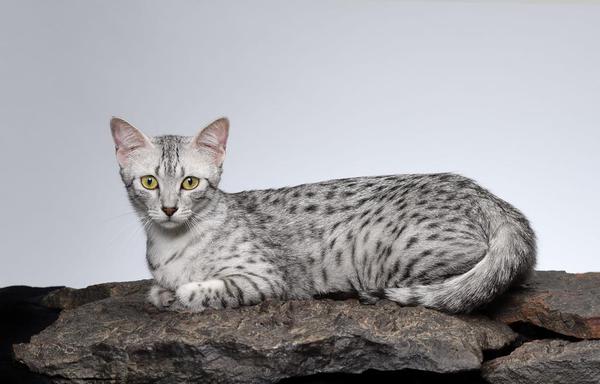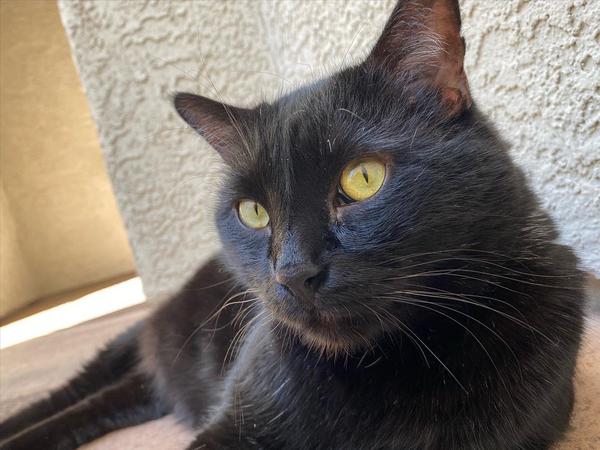
Science and the heart: Remembering Jane Goodall
Goodall was well known for her studies of chimpanzees in Gombe National Park and subsequent conservation advocacy (including founding the Jane Goodall Institute and Roots and Shoots). Beyond her scientific studies and conservation work, Goodall inspired generations of young women, including veterinarians, to devote their lives to helping animals. By changing our understanding of animal emotions and capacities, she left an indelible impact on veterinary medicine.
“I wouldn’t be here today if it...
“I wouldn’t be here today if it...










